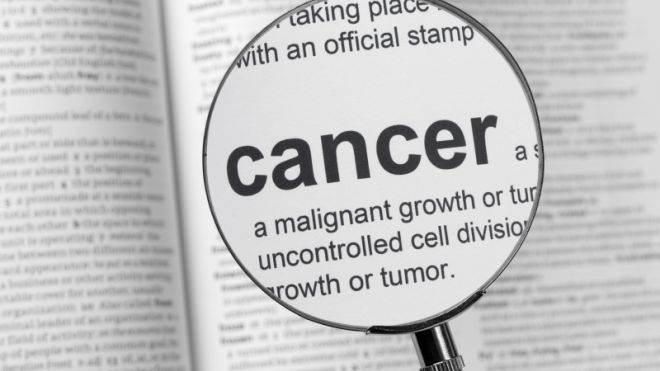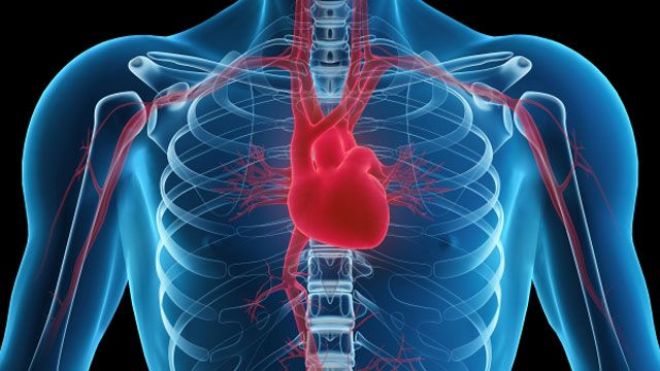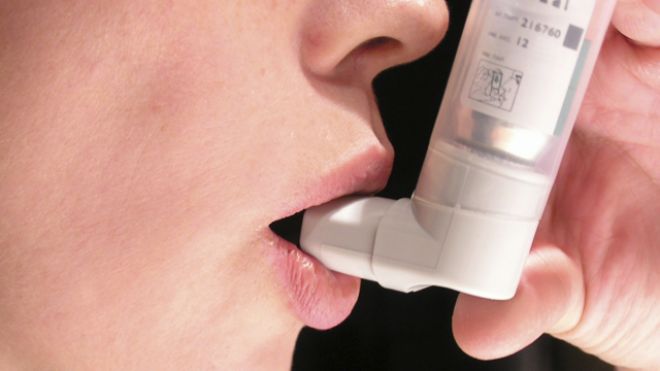Could eating less save your brain? Study shows reducing calorie intake delays nerve cell loss
Calorie restriction may not always be fun, but cutting back has benefits beyond even weight loss. Studies have shown that eating less can help slow aging, prolong life and even decrease the effects of diseases like Alzheimer’s in a variety of organisms. Based on this knowledge, a group of researchers from the Massachusetts Institute of Technology (MIT) decided to dig further and ask: Could calorie restriction also delay nerve cell loss in the brain – and the changes in learning and memory that go along with it? “We reasoned – and other folks reasoned – that because cognitive decline and neurodegeneration are characteristics of the aging process, that calorie restriction might also work in the brain to slow neurodegeneration,” lead study author, Dr. Johannes Gräff from the Picower Institute for Learning and Memory at MIT, and Howard Hughes Medical Institute, told FoxNews.com. Gräff and his colleagues tested their theory using a group of mice engineered to experience rapid neurodegeneration. Researchers decreased half of the mice’s calorie intake by 30 percent and kept the remaining mice on a normal diet. After three months, researchers tested the learning and memory skills in each group of mice, expecting to see a decline in both cognitive areas. However, while the mice eating normally showed evidence of significant learning and memory deficits related to nerve cell loss, the calorie-restricted mice showed no defecits in their learning or memory skills. “That was one of the first experiments we did, and that was quite promising and cool that it worked,” Gräff said. In the next phase of the study, researchers took a more in-depth look at the brains of both groups of mice. “What we further did was to look through the brains to check the extent or amount of neurodegeneration, and what we found was that neurodegeneration had been slowed down by calorie restriction,” Gräff said. Researchers were curious if reduced neurodegeneration could still be achieved by utilizing proteins activated during calorie restriction – without actually restricting calories. Eventually, they targeted an enzyme called Sirtuin 1 (SIRT1). “This protein is one candidate that has been known to be more abundantly expressed as a result of calorie restriction in our tissues,” Gräff said. The scientists then gave a separate group of mice, also engineered to experience rapid neurodegeneration, a pharmacological dose of SIRT1, without restricting their calorie intake. These mice experienced the same effects as the calorie-restricted mice, showing slower rates of nerve cell loss and no learning or memory deficits after a three-month period. Graff noted that more research needed to be done in this area, and he hopes to further explore the relationship between calorie restriction, SIRT1 and neurodegeneration. “We have the choice – (to look into how) to reduce calorie intake in order to slow onset of neurodegeneration, or we look to this pharmacological activator (to do the same thing),” Gräff said. “Do you want to engage more into reducing caloric intake or revert to pharmacological means for the same effect?” This study is published in the May 22nd issue of The Journal of Neuroscience.source : http://www.foxnews.com/health/2013/05/22/could-eating-less-save-your-brain-study-shows-reducing-calorie-intake-delays/




